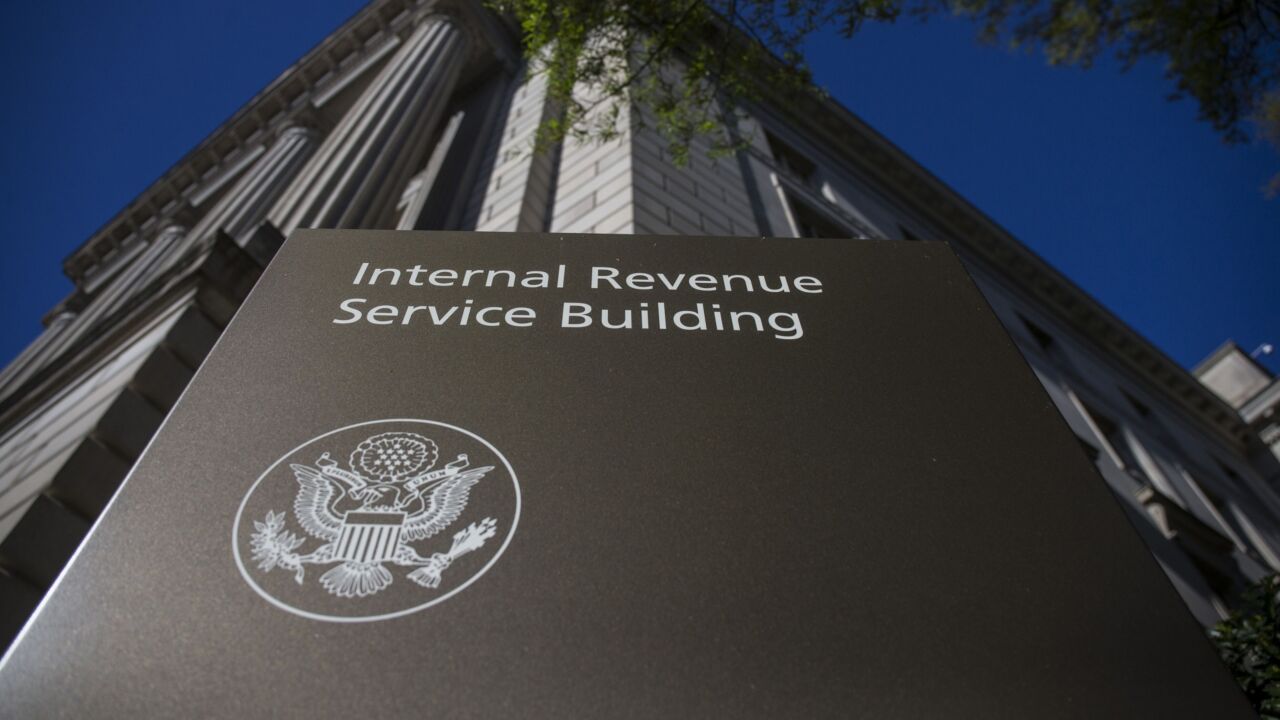The House fell only a few votes short of rolling back a requirement for companies with annual revenue below $250 million from filing their financial statements with the Securities and Exchange Commission in the data-tagged Extensible Business Reporting Language format.
On the first full day of business for the new Republican Congress on Wednesday, the House barely fell short of passing a package of legislation aimed at relaxing the XBRL requirement along with other financial regulations such as the Volcker Rule limiting proprietary trading by large banks.
H.R. 37, the Promoting Job Creation and Reducing Small Business Burdens Act, included the Small Company Disclosure Simplification Act, originally introduced by Rep. Robert Hurt, R-Va. Hurt's bill would exempt 60 percent of public companies from filing searchable financial data with the SEC, according to an industry group backing XBRL, known as the Data Transparency Coalition. The same bill also failed to pass in the last session of Congress (see
“Each time this bill has come to the floor, the number of members who have opposed it has increased,” said Data Transparency Coalition executive director Hudson Hollister in a statement Wednesday. “Over the coming days, we will work to educate members of the wide-ranging ramifications and damage that the Hurt provision could cause by erecting a permanent legal barrier to the transformation that is desperately needed at the SEC. While Rep. Hurt had a point when he said that the SEC does a poor job of integrating data into the corporate disclosure system, Congress should be directing the SEC to fix these problems—not simply eliminating data reporting altogether for most companies. If the SEC is forced to stop collecting searchable data from most public companies, it will be unable to use data tools to illuminate potential fraud and protect investors. We urge the House leadership to break up the bill so that members can consider the Hurt provision on its on merits.”
The SEC announced late last month that it woukld launch a pilot program to make it easier for investors to use XBRL for data analysis (see
A group that helped develop XBRL technology in the United States, XBRL US, said Thursday it was pleased that the House did not pass the legislation in its current form. Proponents of H.R. 37 had tried to fast-track the bill under suspension of the House rules on Wednesday. The aim of the legislation was to reduce public company costs. However a study by the American Institute of CPAs and XBRL US showed that an XBRL exemption would result in savings of only $10,000 per year for most small reporting companies. In addition, the unintended consequence of the XBRL exemption would be to raise the cost of capital for small companies versus large by making it more expensive for investors to extract and analyze small company data, XBRL US contended.
Public companies have been required to file their financials in XBRL format with the SEC since 2009. The AICPA and XBRL US study found that the cost for small companies (according to the SEC's definition of a small company) averages $10,000 per year. The study found that 70 percent of small companies in the study spent $10,000 or less per year on XBRL formatting. The study was conducted by analyzing cost data for 1,299 companies that outsourced XBRL report production to 14 separate XBRL service providers around the country. Further details will be reported in the study, which is expected to be published next week.
“The proposed bill was truly designed to help small companies, but results from this new study demonstrate that the burden imposed by XBRL is much smaller than many believed,” said XBRL US CEO Campbell Pryde in a statement. “And making public company data less accessible would only increase their cost of capital versus large companies, thereby reducing small company access to the capital markets.”





